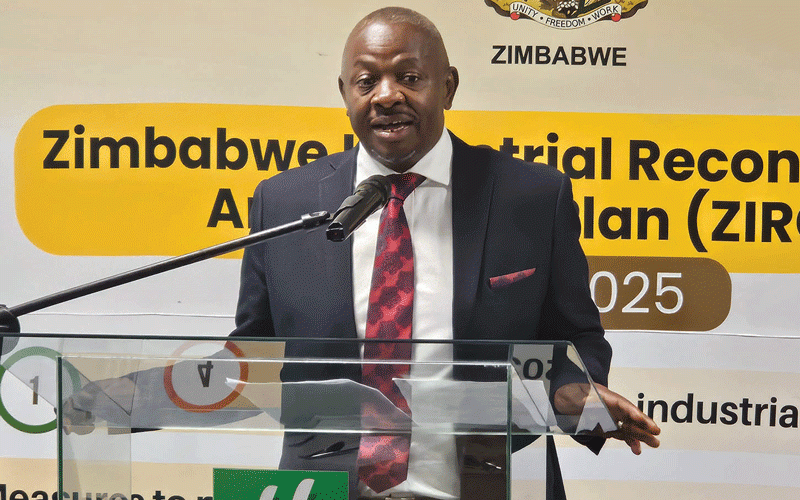
AS the saying goes, ‘Never believe any rumour until the government denies it’.
This adage comes to mind with the recent speculation surrounding the central bank’s alleged "reckless" statements regarding a potential policy change on diaspora remittances.
True to form, on August 16, the Reserve Bank of Zimbabwe (RBZ) issued a press release refuting any plans to alter the current remittances policy.
However, despite this denial, the possibility of such a policy shift lingers, leaving many sceptical.
It is crucial to examine the likelihood of this policy emerging under the current multi-currency regime. The RBZ dismissed the statements circulating in a viral video as "misconstrued" and emphasised that "there are no plans to introduce a new Diaspora Remittances Policy."
Yet, the mere speculation had already rippled through the economy, impacting various indicators. But how did we get to this point? Zimbabweans have a deeply rooted mistrust of the country’s banking sector, largely due to previous harmful policies. The cost of banking in Zimbabwe is already prohibitively high, discouraging formal banking activities.
Moreover, inconsistent policies have repeatedly eroded the value of foreign currency balances overnight. Export retention ratios have also been poorly received, leading to monetary losses.
Thus, the mere suggestion of a new policy that would liquidate foreign remittances into local currency triggered "dormant traumas" among Zimbabweans, resulting in widespread alarm.
- RBZ blocks Harare US dollar charges
- Industry cries foul over new export surrender requirements
- One stitch in time saves nine
- Banks keep NPLs in safe territory
Keep Reading
But is such a policy feasible? As the rumours circulated before the RBZ's official statement, some argued that it should be standard practice for foreign currency recipients to withdraw funds in the local currency of any given country.
However, this argument overlooks the complexities of a multi-currency regime.
The 2024 Monetary Policy Statement highlights the RBZ’s recalibrated framework, focusing on two strategic pillars: mitigating inflationary pressures and stabilising exchange rates, as well as re-monetising the Zimbabwean dollar (ZiG) as a medium of exchange and a store of value within the multi-currency system. This system is set to remain in place until 2030.
Under the multi-currency regime, recipients of diaspora remittances have the flexibility to receive funds in any foreign currency within the basket of functional currencies in Zimbabwe.
This choice enables them to select the currency that best meets their needs, with the US dollar emerging as the most preferred option.
Primarily, the multi-currency system aims to rebuild market confidence.
Liquidating foreign remittances too aggressively will significantly undermine this goal. Furthermore, such a move will also expose the RBZ to exchange rate risk.
At this point, the central bank ought to enhance policy credibility. Liquidating remittances in a way that disrupts market expectations could erode credibility and subsequently devalue the ZiG through speculative trading.
The RBZ should continue its gradual approach, ensuring market stability while promoting ZiG usage. Building foreign reserves provides a buffer against exchange rate shocks, but the method of building this reserve, if not carefully executed, could worsen the status quo.
Therefore, the government, even though legal routes cannot allow a forced liquidation of remittances in a multi-currency regime, should not even contemplate introducing such a policy.
Additionally, the illegality of forcing the use or acceptance of only one currency under a multi-currency regime goes against regulation, and is only possible under a change of law.
In other words, the RBZ’s utterances cannot easily see the day of light. While anything is possible in Zimbabwe, the legal and regulatory framework makes it unlikely that such a policy will materialise.
Duma is a financial analyst and accountant at Equity Axis, a leading media and financial research firm in Zimbabwe. — twdumah@gmail.com or tinashed@equityaxis.com, Twitter: TWDuma_










